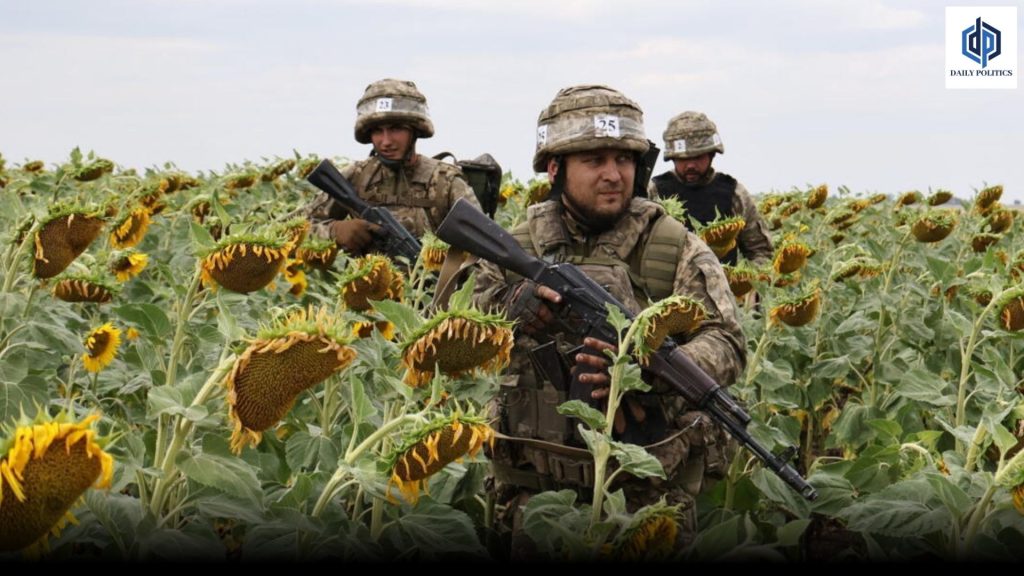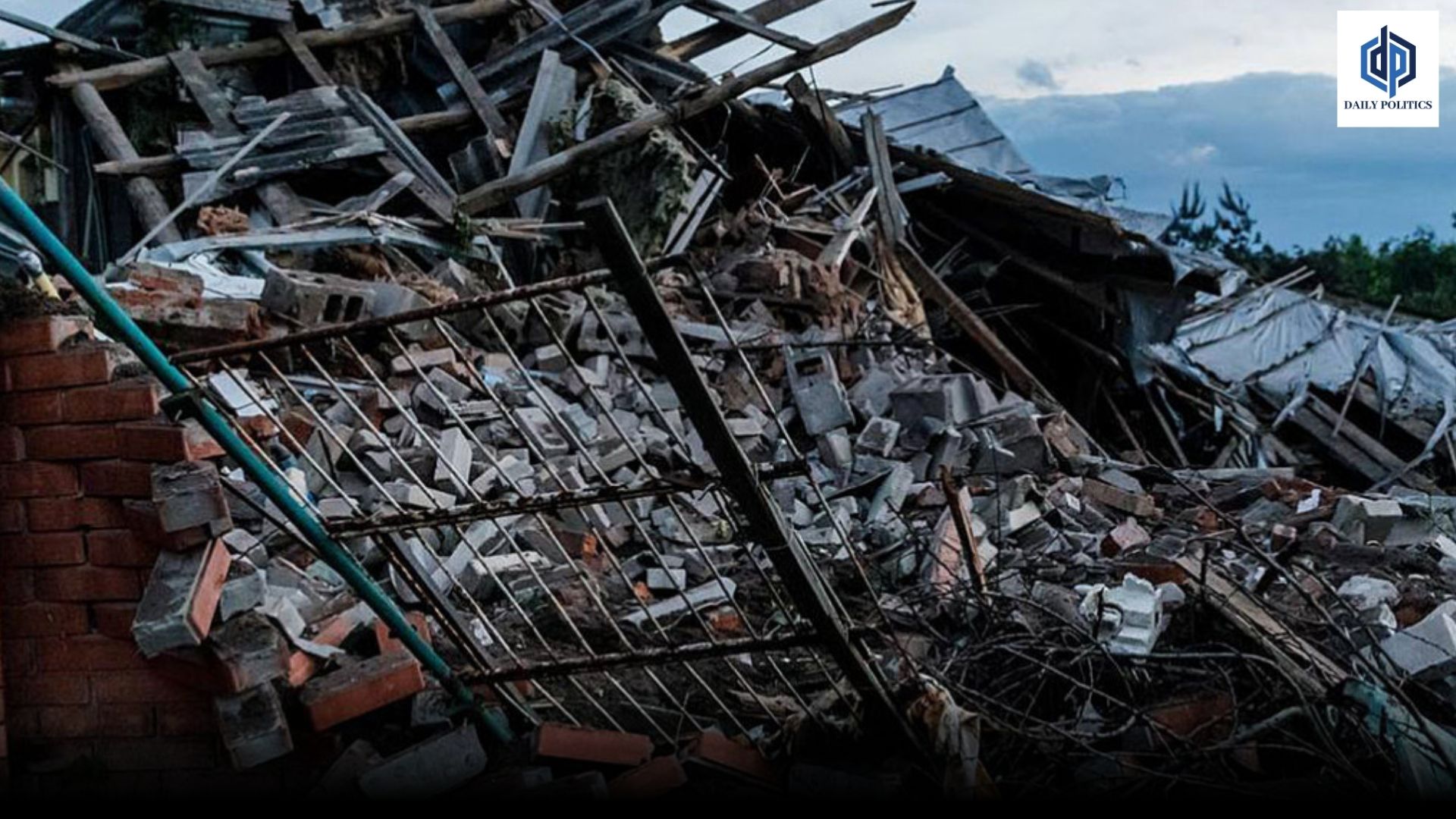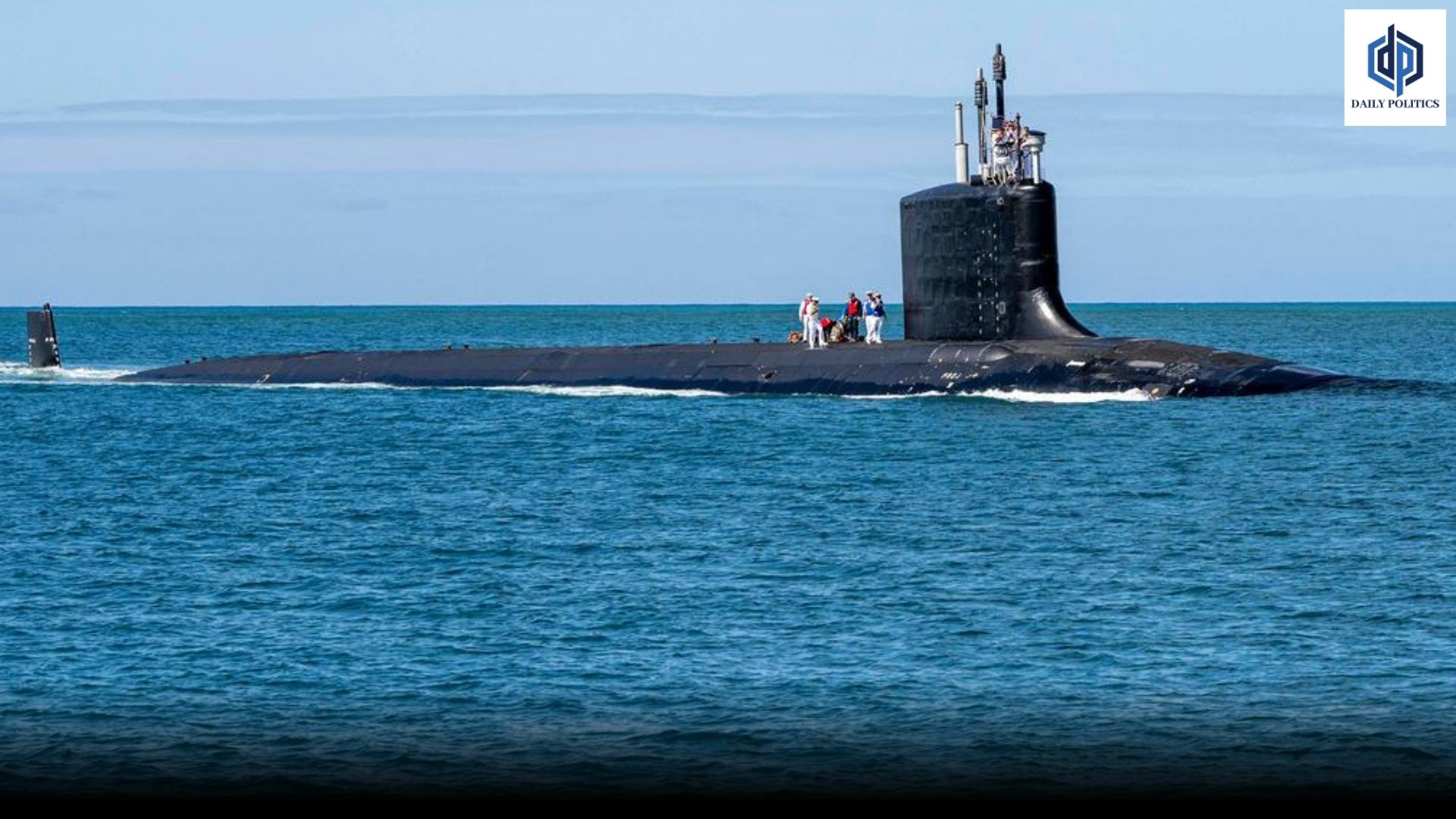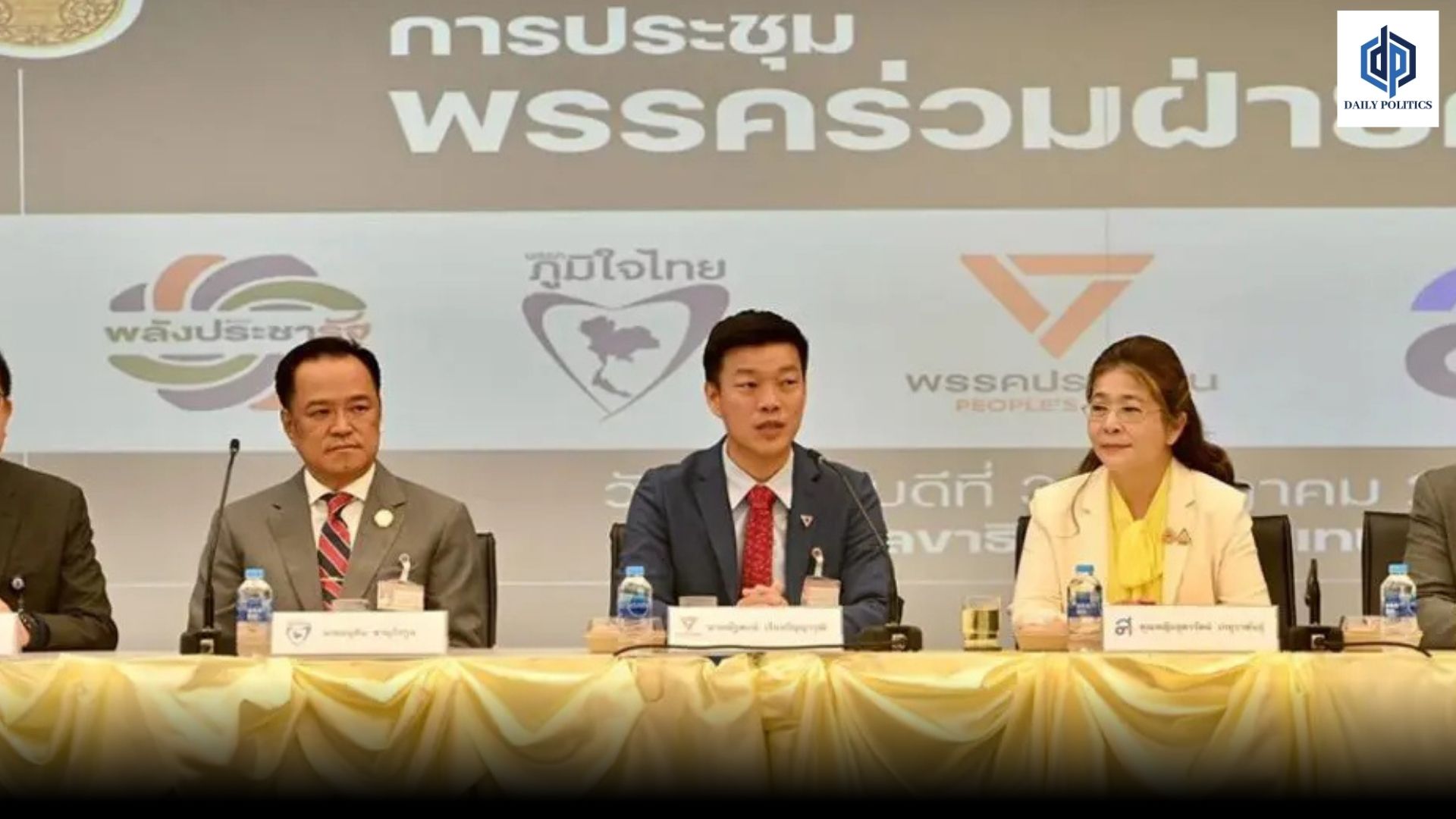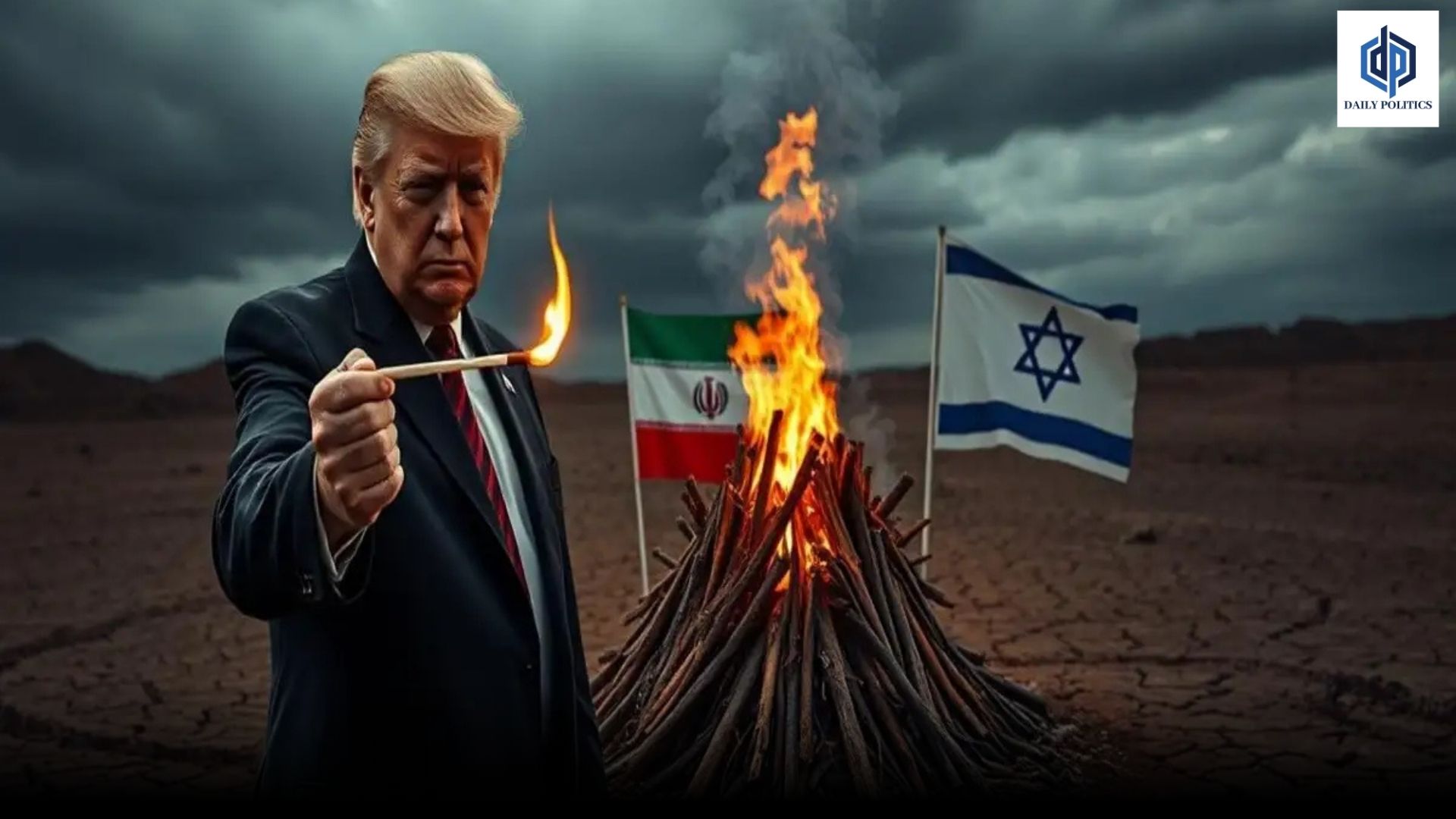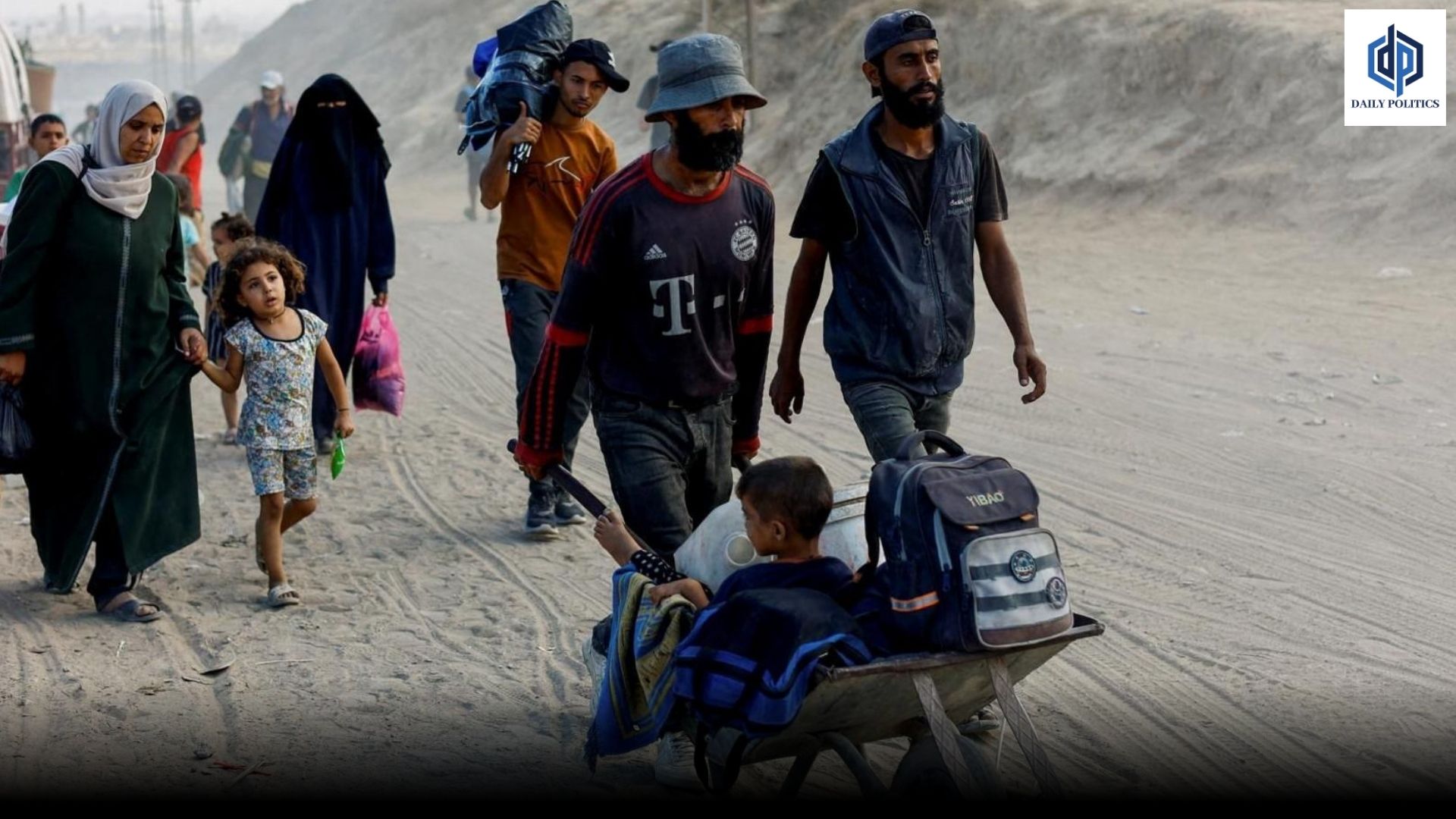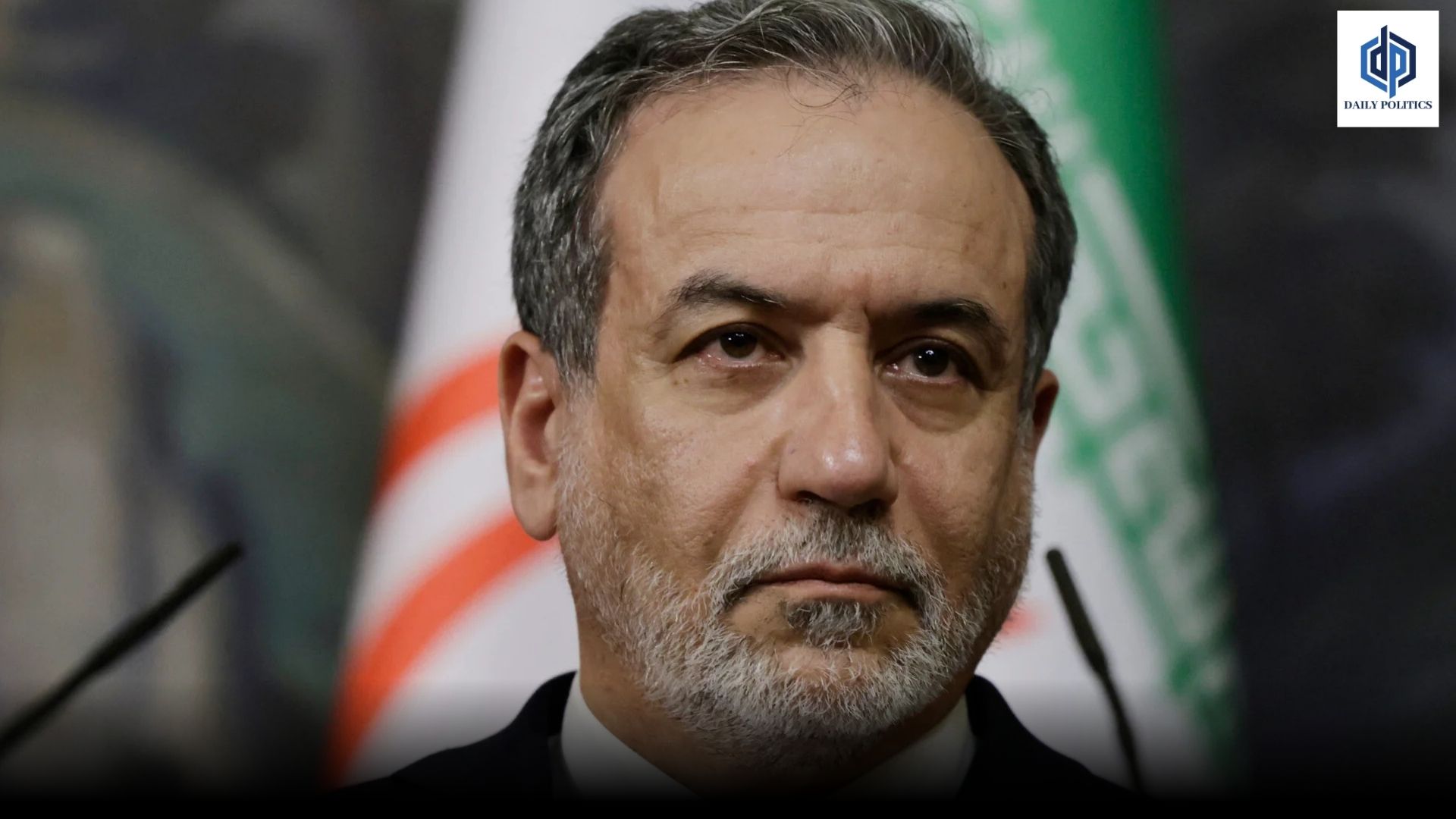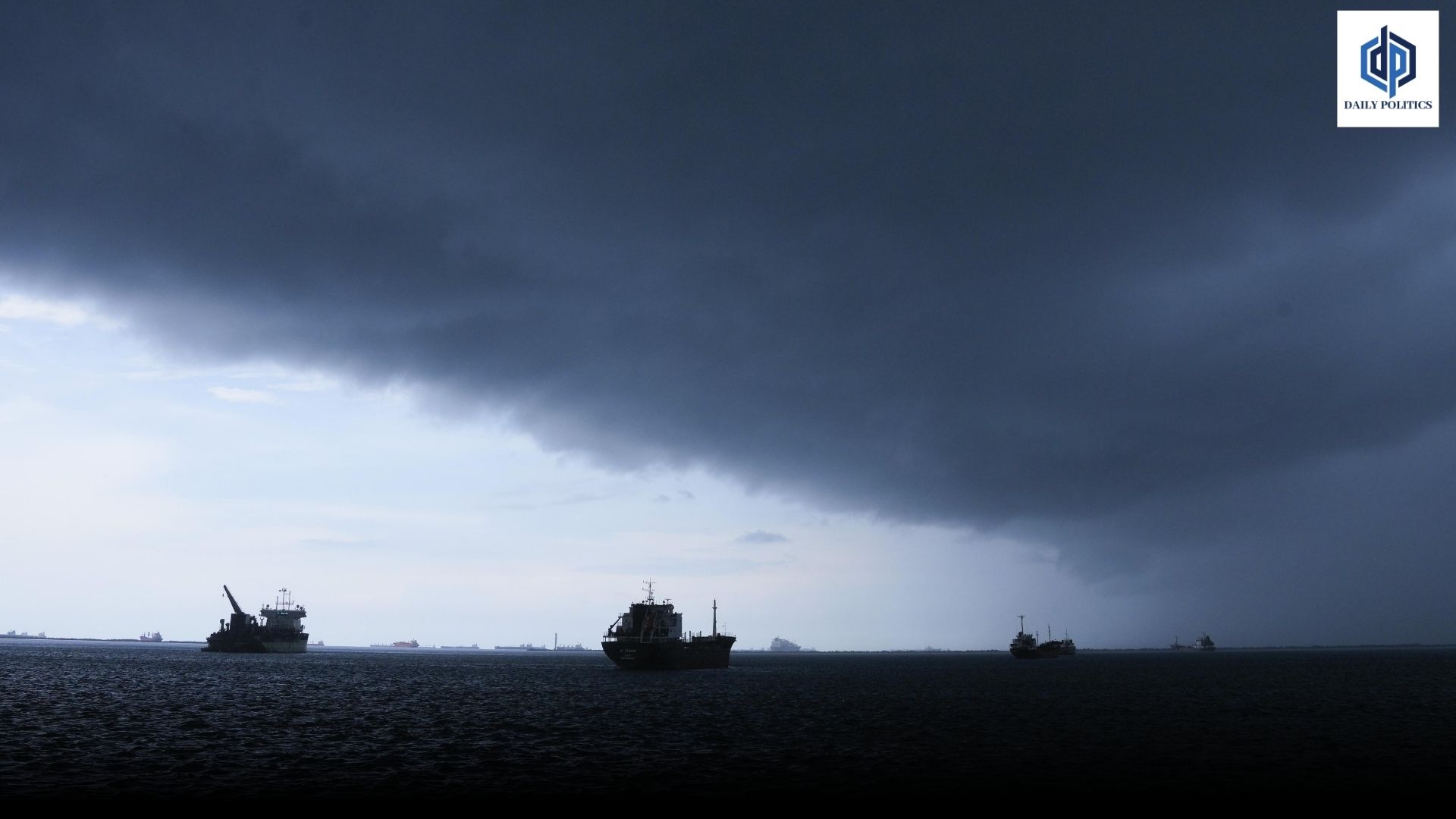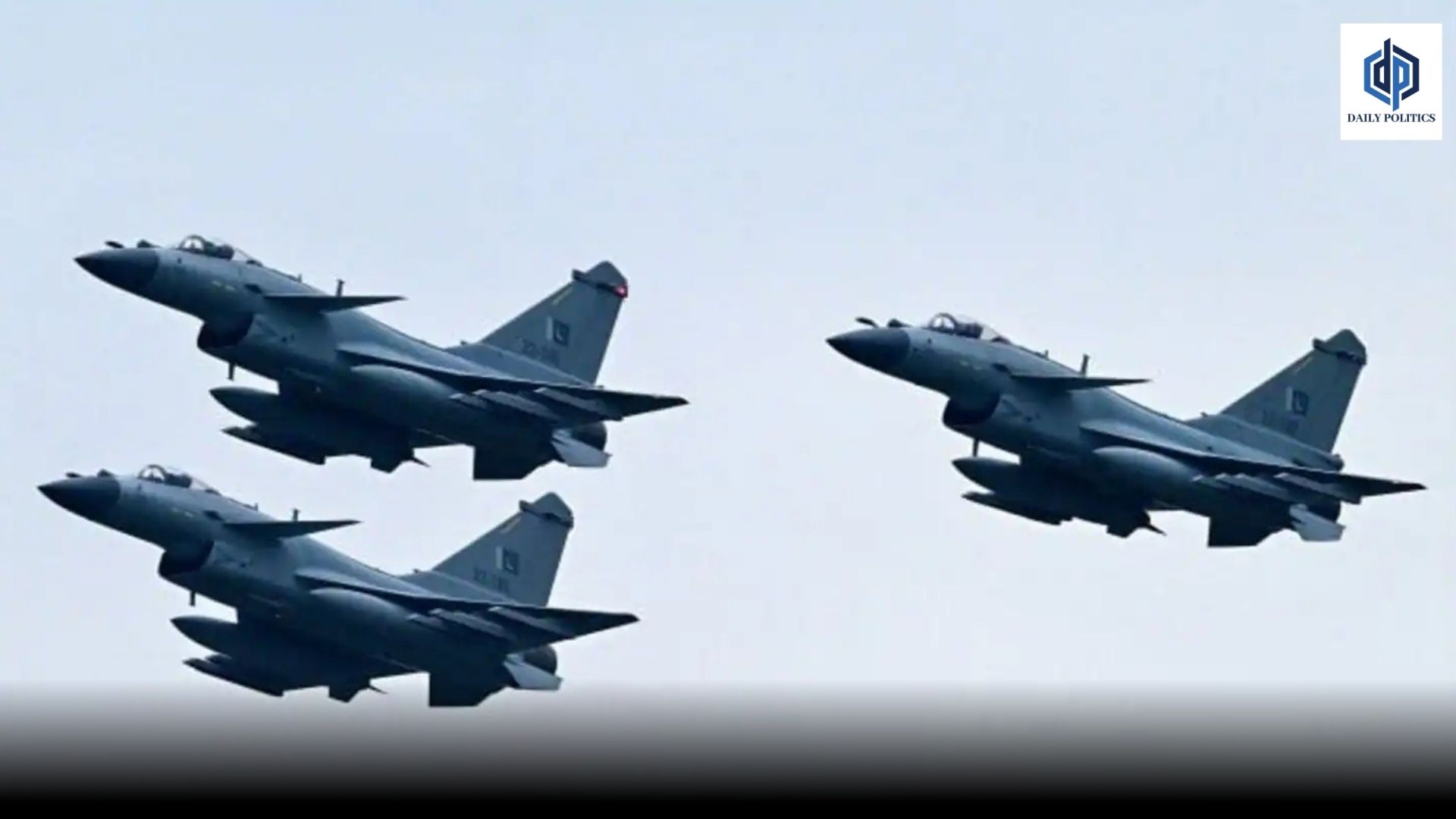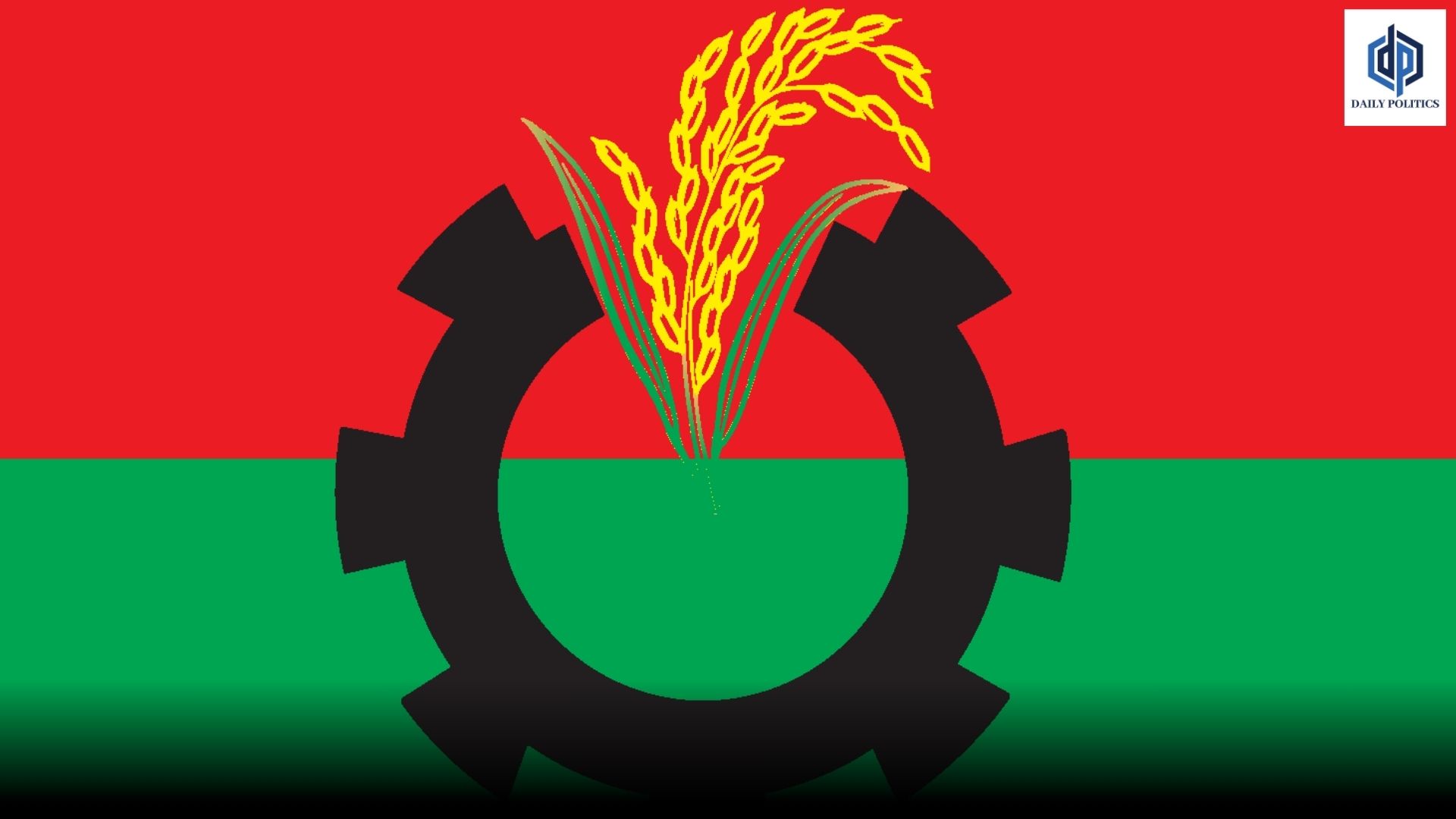In a significant development, European leaders have issued a stern warning regarding the potential for Ukrainian borders to be altered through force. This statement comes just three days ahead of a highly anticipated summit between the US and Russia focused on the ongoing situation in Ukraine, set to occur in Alaska.
European leaders emphasised in a recent statement that “the people of Ukraine must have the freedom to decide their future.”
The statement emphasised the necessity of upholding “territorial integrity” and asserted that “international borders must not be changed by force”.
A total of 26 out of 27 leaders have signed the statement. Notably absent from the list of signatories was Hungary’s Prime Minister Viktor Orban, who has fostered amicable ties with Russia and has consistently sought to impede European Union assistance for Ukraine.
The statement highlighted the anxiety among Europeans regarding Moscow’s manoeuvres in Ukraine. Many nations, especially those adjacent to Russia or still haunted by the legacy of Soviet occupation, perceive a potential direct threat looming on the horizon.
In a significant shift in defence strategy, Sweden and Finland have recently become members of NATO, while the Baltic nations have reintroduced conscription. Meanwhile, Poland has allocated billions of dollars to construct a barrier along its border with Russia.
European nations, with a historical backdrop marked by the violent reconfiguration of borders, are expressing significant apprehension regarding the potential for the United States to permit a similar scenario to unfold in Ukraine. The European Union has firmly stated that it will not accept any legal recognition of Russia’s sovereignty over territories acquired through military aggression.
US President Donald Trump has emphasised that any potential peace agreement would likely entail “some swapping of territories,” suggesting that Russia might retain control over the entire Donbas region in eastern Ukraine, along with Crimea. The agreement would entail relinquishing control over the Kherson and Zaporizhzhia regions, areas currently under partial occupation.
In a recent statement, NATO chief Mark Rutte acknowledged the possibility that certain Ukrainian territories could come under de facto Russian control. However, he emphasised that such a situation should not receive formal recognition.
The process of formal recognition involves amending the Ukrainian constitution, a change that requires approval through a national referendum, which itself must receive authorisation from the Ukrainian parliament. This poses a significant challenge for President Volodymyr Zelensky and could signal the downfall of his administration.
According to analyst Prof Mark Galeotti, there is currently a notable absence of discussions surrounding international formal recognition, as he stated during an interview on the media programme Today.
Prof. Galeotti stated that it is essential to acknowledge that Russia currently controls nearly 20% of Ukraine, while emphasising that international borders remain unchanged. He suggested that President Zelensky might consider accepting this de facto control without necessitating any constitutional amendments.
European leaders articulated in their statement that “Russia’s war of aggression against Ukraine has wider implications for European and international security,” emphasising the necessity for a “just and lasting peace.”
Officials emphasised that Ukraine must be able to “defend itself effectively” and committed to ongoing military assistance for Kyiv, which is “exercising its inherent right of self-defence.”
The statement concluded by emphasising the European Union’s recognition of Ukraine’s fundamental right to determine its future, reaffirming its commitment to support Ukraine in its pursuit of EU membership.
The declaration’s apparent unity was undermined by a line in smaller print at the bottom of the page, which noted that “Hungary does not associate itself with this statement.”
In a recent social media post, Viktor Orban, the leader of Hungary, announced his decision to withdraw support for a statement that he claimed sought to impose conditions on a meeting from which the EU was excluded. He cautioned fellow leaders against the practice of issuing directives from the sidelines.
He called on the EU to establish its summit with Russia, even though EU leaders have been avoiding direct discussions with Moscow since the onset of its invasion of Ukraine in February 2022.
On Monday, Trump disclosed that he had consulted with Orban regarding the likelihood of Ukraine achieving victory against Russia in the ongoing conflict. Trump recounted a moment when he sensed Orban’s disbelief, implying that the Hungarian leader believed Russia would persist in its military efforts until it achieved victory over its opponents.
Former President Trump is set to engage in discussions with Russian President Vladimir Putin in Alaska this Friday.
Before that, leaders from the European Union are scheduled to engage in discussions with Trump on Wednesday. UK Prime Minister Sir Keir Starmer is set to participate in the upcoming call, emphasising on Monday that any peace must be “built with Ukraine, not imposed upon it.”
There is a palpable hope that the security of the European continent and the interests of Ukraine will take precedence in his considerations, particularly as concerns mount that the peace established in Ukraine may ultimately prove to be neither “just” nor “lasting”.

